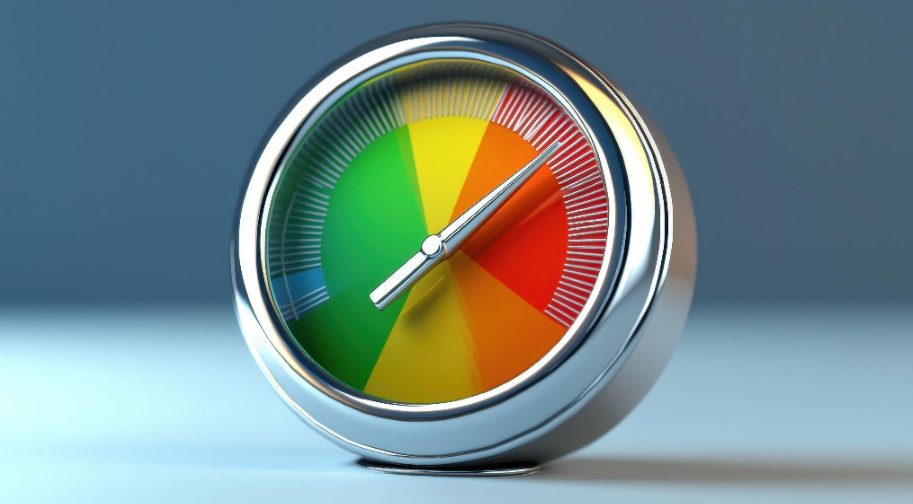Somewhere along the line, we decided that a three-digit number gets to decide who’s trustworthy. Not your actual track record. Not how you show up for people. Just a number, quietly pulled from a database, that says whether you get a car, a roof, or a sense of peace.
It’s funny, if you step back. We treat credit scores like cosmic justice. As if they’re proof of character. But really, they’re a reflection of who learned the rules early, who had family backup, and who got tripped up once and never got forgiven. The system loves neat math. It hates context.
The Myth of Responsibility
We’re told money rewards responsibility. Work hard, pay bills on time, and doors open. Except that’s not really how it works anymore, if it ever did. Responsibility looks different when rent eats half your paycheck and groceries cost as much as your phone bill.
The truth is, credit systems were built for predictability, not fairness. They favor the already stable. The people who can afford to wait for a deposit to clear. The ones who can float a surprise bill without panic. Everyone else gets quietly labeled a risk, no matter how reliable they actually are.
It’s not about morality. It’s about margins. Banks and credit bureaus love the illusion of control. They act like they’re protecting the economy when really, they’re protecting their comfort zone. And the rest of us keep adjusting, like contestants on a game show where the rules change mid-episode.
The Gatekeepers Got Upgraded
Gatekeeping used to have a human face. A loan officer in a suit. A landlord with a pen and too much coffee. Now it’s algorithms. AI models that predict your behavior better than your ex ever could. They decide if you’re a “good risk,” and the wild part is, they don’t have to tell you why.
We built an entire financial ecosystem that pretends to be neutral. “Data-driven decisions.” “Objective lending.” Translation: math that learned its bias from history. Your zip code, your age, your family’s wealth, your race. All of it gets baked into the formula.
You can’t argue with a machine. It doesn’t care that your last job ghosted you or that your medical bills wiped out your savings. It just sees patterns. You become a data point in someone else’s risk report. That’s financial gatekeeping 2.0. Efficient, scalable, and cold.
And yet, people are starting to push back. Because the more digitized our money gets, the more absurd the old rules feel. We want control, not permission. That’s why alternative lending has quietly exploded. Apps, fintech startups, peer-to-peer lending, all built from the idea that maybe you shouldn’t need a corporate blessing to borrow money.
Even if your bank shrugs at your application, you still have options. You can look for a loan without a bank and keep moving. Because waiting for approval from people who never lived your life feels outdated.
The Cost of Looking “Good” on Paper
Here’s the trick: even when we know the system is flawed, we still perform for it. We watch our credit utilization like it’s a diet. We avoid new cards like they’re carbs. We live by the score because pretending you have control feels better than admitting you don’t.
A high credit score is treated like status. Like abs or verified checkmarks. It’s supposed to mean discipline and self-respect. But often it just means you’ve played the game long enough not to lose. You’ve automated your bills. You’ve learned when to pay early. You’ve avoided calling your lender on a bad day.
The system rewards consistency, not compassion. It never factors in that you might have covered your friend’s rent or helped a parent with medical costs. Those choices don’t make the spreadsheet. Humanity doesn’t.
It’s exhausting. This constant choreography of proving you’re “low-risk.” We talk about financial literacy, but what we really need is financial empathy. A world where a rough month doesn’t erase your credibility. Where “good with money” means making it stretch, not just making it multiply.
The Quiet Shift
Something interesting is happening, though. People are getting louder about money. There’s less shame, more transparency. Gen Z talks about debt like it’s weather: unavoidable, occasionally bad, but not personal. That shift matters. Because the only thing gatekeepers hate more than bad credit is people comparing notes.
We’re seeing more tools that meet real life where it is. Flexible lending. Pay transparency. Community-based finance. It’s not utopia, but it’s movement. The idea that money can be collaborative instead of competitive. That access shouldn’t hinge on who you know or what your score says this quarter.
Maybe that’s what financial evolution looks like. Not some shiny new banking model, but regular people deciding they’re done begging for permission.
The Truth Nobody Likes to Admit
Credit scores aren’t about trust. They’re about control. And once you see that, it’s hard to unsee. The banks aren’t the villains; they’re just the old guards at the door, still checking names on a list while the party already moved online.
You can play their game. You can work on your score, automate your bills, smile through the annual interest hike. Or you can remember that the whole thing only works if you keep believing it’s gospel.
Money isn’t moral. It’s just a tool. And maybe it’s time we stop treating it like a test.
Because in the end, nobody died and made credit scores king. We just got too busy to question who did.





























